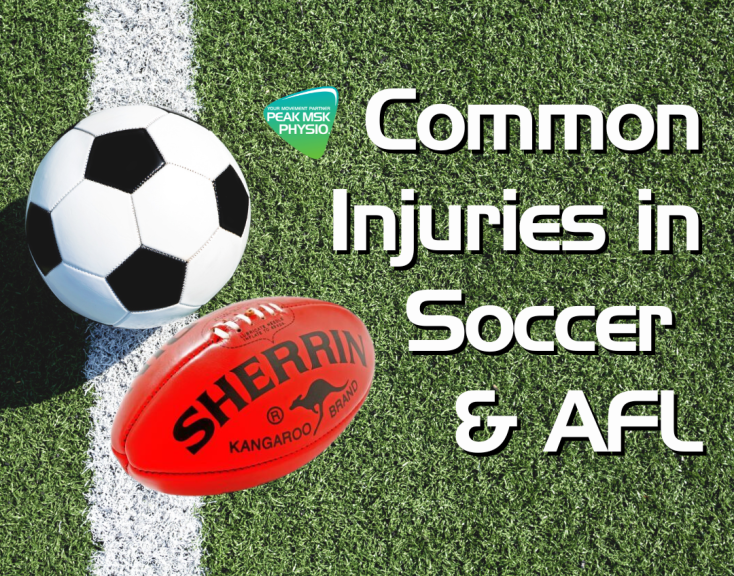Do you experience shin pain with activities such as running? Is your shin tender to touch, and maybe even swollen? Sure, the pain settles down with rest, but it never goes completely, and you feel like it may be getting worse.
Tibial stress fractures are common overuse injuries effecting up to 20% of athletes and people new to running. Tibial stress fractures are caused by repetitive loading on your tibia (shin bone) over time. Tibial stress fractures are often seen in running and jumping sports and can be linked to an increased volume or intensity of training workload. This could be an athlete trying to increase intensity for an upcoming event or an average person trying to get back into running.
If left without intervention, the shin pain will get worse and continue to reoccur. The longer treatment gets delayed, the longer the road to recovery will be. This will lead to your runs or hobbies becoming more painful and less enjoyable, which is the last thing you need!
Normal healthy bone is constantly monitored and repaired by the body depending on how much load is being put through it during day to day activities. In almost all cases the body is able to adapt to the load being put through the bones and repair any micro-trauma that has occurred in the bones. A stress fracture happens when micro-trauma occurs in a frequency and volume that the body cannot keep up with and new bone cannot be laid down to repair micro-trauma of the bones. Continued loading allows for the merging of multiple cracks to the point of the shin becoming painful. If the load being put through the bone is not reduced, in some scenarios, the stress fracture can continue until complete fracture occurs (1).
When you see us, your physiotherapy management will be tailored to your presentation and symptoms. The first priority of treatment will be to allow the stress fracture to heal. This initial healing process will involve a period of modified loading to reduce the forces going through the healing bone.
We understand that you will want to maintain your fitness and strength, and we will do this by tailoring an exercise program based on your presentation. Your program will likely include substituting aggravating activities with more appropriate exercises such as cycling, elliptical training or swimming to maintain your current level of fitness.
Once pain is under control your physiotherapist will decide when to gradually return to sport and if a strength and conditioning program might be appropriate. Rehabilitation and strengthening are extremely important to reduce the likelihood of re-injury.
References:
- J. Orthop. Surg. Res. (2016), 11(1).














